Velux has granted Paul du Gay 5.5 million DKK
The Velux Foundation grants 5.5 million to the project “Office as vocation: reinstating the ethics of Office in public service”
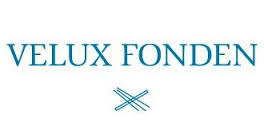
The Velux Foundation has donated approximately 5.5 million DKK to a new and upcoming research programme. The research programme will comprise five distinct but related projects, four of which will be based in the CBS Department of Organization (IOA) and one in the Department of Management, Politics and Philosophy (MPP). The research programme engages five researchers from the Public-Private Platform.
Professor and Academic Director Paul du Gay is the key person behind the grant and points out the thoughts and work behind the research programme
Over the last two decades there has been an upsurge of interest in the concept of ‘Office’ within the humanities and social sciences. The distinction between a public office and the person who occupies it has been increasingly challenged not least by a series of often controversial managerial and political reforms that have taken place in wide range of public institutions.
The research project is focused upon tracing these reform processes and their effects on the ethics of office in different public service contexts: civil, medical, and military. By highlighting the links between the history of the ethics of office and the ethical comportments, tools and devices it has elaborated in various forms of public service. The overall objective of the project is therefore to return the ethics of ‘Office’ to its rightful place within the history of ethical thought and public management where it has almost completely disappeared. At the same time, it is the objective to indicate the office's continuing significance for the practical conduct of a range of official public duties, and, indeed, to the production of a well-functioning and responsible civil state.
The aim of the programme is to revitalize the discussion and practice of public service ethics by indicating the indispensability of the ethics of ‘Office’ to the responsible conduct of governance. This in the context of a series of rapid, controversial and ongoing reforms of a wide range of public institutions, including civil service and healthcare systems, and even extending as far as the armed forces. Through regular meetings, colloquia, workshops and jointly written research articles, the programme will gain the maximum benefit of the cross-fertilization between its dual pathways of investigation.
The research programme's team and projects
Paul du Gay is the spokesperson for a wider network of people, in this case consisting primarily of CBS Department of Organization researchers Anne Roelsgaard Obling, Kirstine Zinck Pedersen, and Thomas Lopdrup-Hjorth in addition to Professor Mitchell Dean from the CBS Management, Politics and Philosophy Department.
The proposed research programme comprises five projects, (three of which are junior projects), which will assist in fostering and developing a research community at the Department of Organization (IOA) at Copenhagen Business School dedicated to examining the conceptual and practical repertoire associated with the ethics of office.
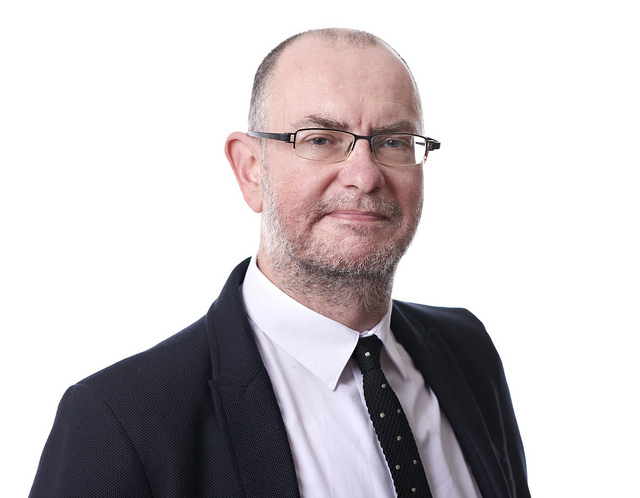 Paul du Gay (Senior Project A) ‘Recovering the Ethics of Office’
Paul du Gay (Senior Project A) ‘Recovering the Ethics of Office’
This project is a historical investigation of the ethics of ‘Office’, its main constitutive elements, including its relationship to casuistical forms of reasoning and conduct, its key ‘theorists’ and its role in forming the comportment of official persona in public service. A key objective of this project is to revitalize interest in the practical importance of an ethics of ‘Office’ in public service, as well as to re-establish the crucial place of the ethics of ‘Office’ within the history of ethical theory, where it is currently barely visible.
 Mitchell Dean (Senior Project B) ‘The Ethics of Office, Social and Political Theory, and the Analysis of Contemporary Public Governance’
Mitchell Dean (Senior Project B) ‘The Ethics of Office, Social and Political Theory, and the Analysis of Contemporary Public Governance’
This project has two inter-related foci. It concerns on the one hand an increased pressure for more political and managerial control of public managers, and on the other hand a critique of these reforms in the human and social sciences. The project is particularly concerned with shared assumptions of reformers and critics around notions of personhood and moral autonomy and the role of state and governance in contemporary liberal democracies. The key objective here is to identify and integrate central features of contemporary social science that enable the practical analysis of the concept of ‘Office’ and contestation over it today.
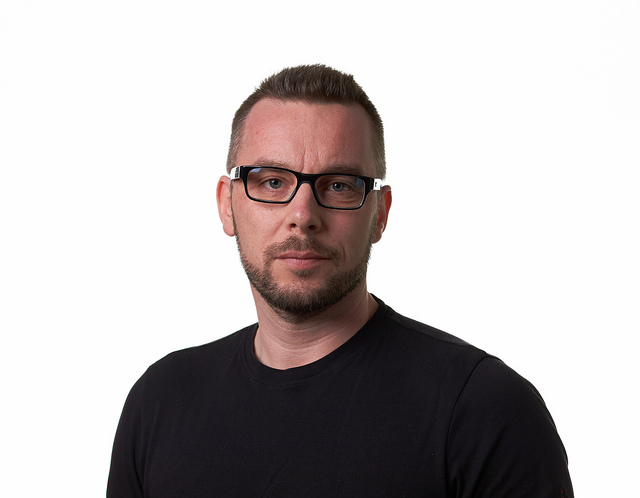 Thomas Lopdrup Hjorth (Post Doc Project C) ‘The Office of the Bureaucrat and the Core Business of Public Management’
Thomas Lopdrup Hjorth (Post Doc Project C) ‘The Office of the Bureaucrat and the Core Business of Public Management’
This project analyzes the historical and contemporary problematizations of the office of the state bureaucrat in Denmark from 1970 to 2015. A key objective of the project is to scrutinize and assess the development and implications of anti-bureaucratic critiques, and to make a case for the continuing indispensability of ‘Office’-specific conceptions of moral agency in the public service, generally, and in the realm of governmental and political action specifically.
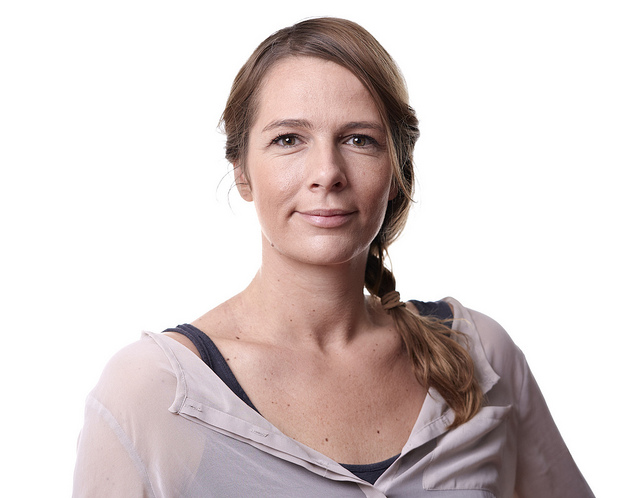 Kirstine Zinck Pedersen (Post Doc Project D) ‘The Office of Medicine and its Contemporary Reform’
Kirstine Zinck Pedersen (Post Doc Project D) ‘The Office of Medicine and its Contemporary Reform’
This project is an investigation into the ways in which recent reorganizations of healthcare affects the modern hospital clinic and what could be determined as the ‘Office of Medicine’. More specifically the project charts the changing persona and ethos of the clinician and assesses the consequences of such changes for the practice of medicine. The overall objective of the project is to re-establish a historical and conceptual ground for talking about medicine as an ‘Office’ and to explore how this ‘Office’ has been challenged and reconfigured by recent reorganizations and reforms of clinical work.
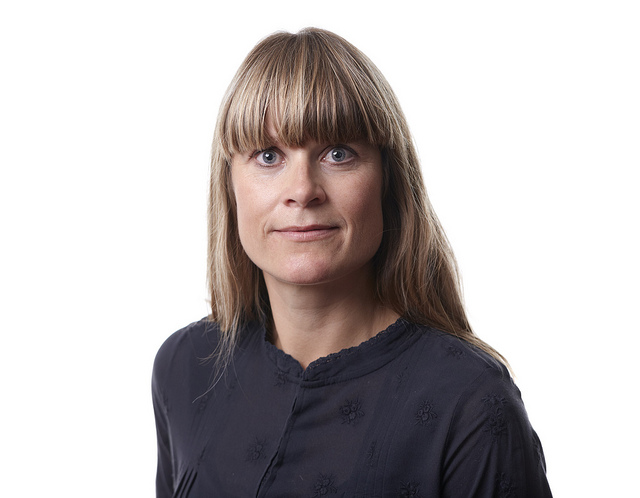 Anne Roelsgaard Obling (Post Doc Project E) ‘Between the office of the military and civic values: Soldiers as human connoisseurs or lethal weapons?’
Anne Roelsgaard Obling (Post Doc Project E) ‘Between the office of the military and civic values: Soldiers as human connoisseurs or lethal weapons?’
The project explores the development of ‘the Office of the Military’ and the ethos and personae associated with it. It focuses specific attention on the routines and techniques of military training, indicating the functions they serve in shaping soldiers’ standards of conduct and making them ‘battle ready’. In combination with this, the project charts some of the pressures currently exerted on ‘the ethos of Military Office’ by geopolitical changes in military organization and by the importation of certain private sector management norms and practices.